Kidney Diets: (A) Kidney Stones (B) Chronic kidney disease (CKD)
People living with kidney disease have incredibly complex needs.
Our mission is to help protect the kidneys through
smart nutrition choices and hydration.
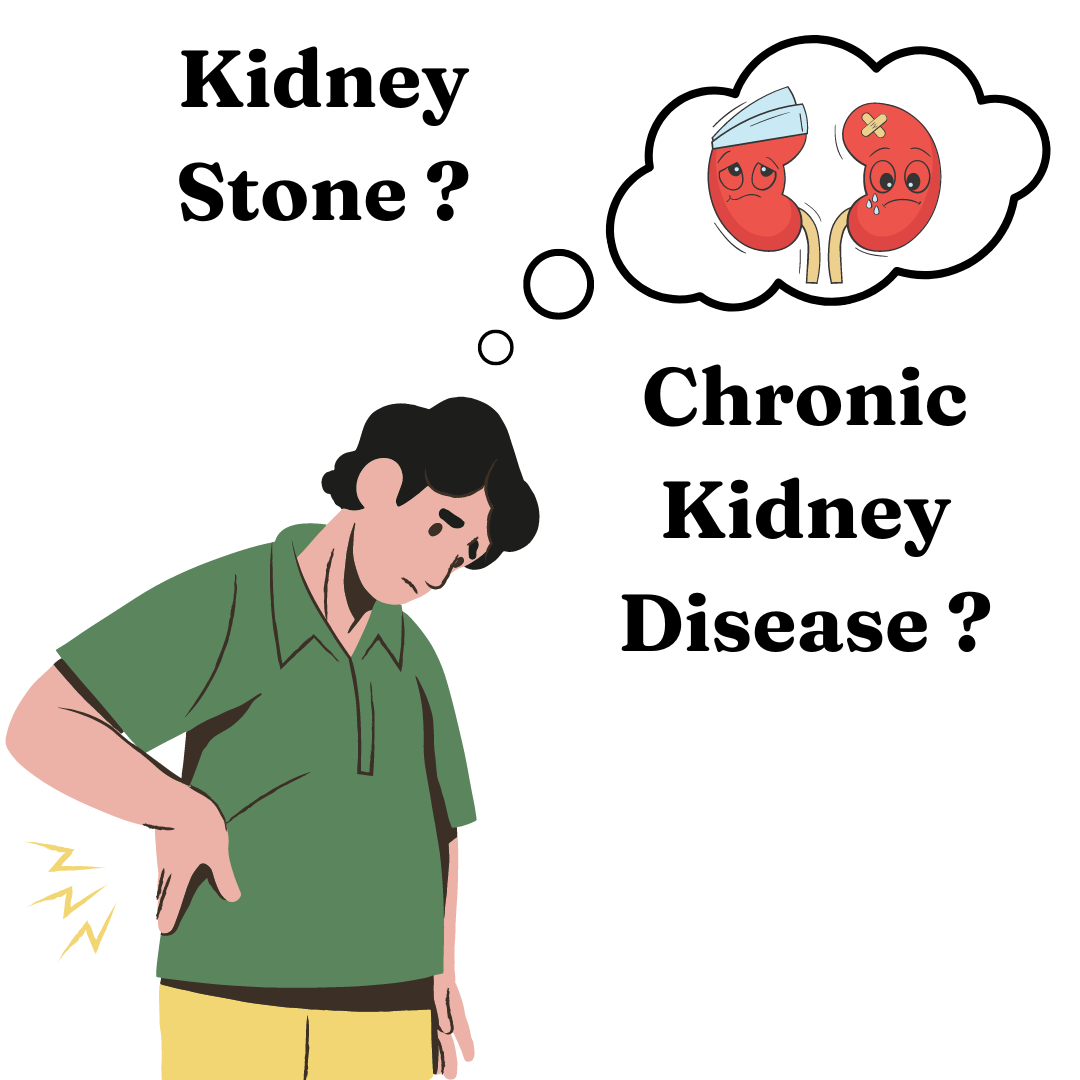
Kidney stones, and chronic kidney disease (CKD) are conditions that affect the kidneys, our vital organs responsible for filtering waste products from the bloodstream and regulating fluid balance in the body.
What causes kidney stones?
- Dehydration
- High intake of oxalate-rich foods e.g., spinach, nuts, chocolate.
- High intake of animal protein, especially red meat, and poultry.
- Excessive consumption of salt or sodium compounds like preservatives.
- Elevated levels of calcium, oxalate, or uric acid in the urine.
- Hyperparathyroidism, which increases calcium levels in the blood and urine.
- Cystinuria, a genetic disorder resulting in excessive cystine in the urine.
- Urinary tract infections.
- Congenital abnormalities in the urinary tract.
- Obstructions or narrowing of the urinary passages due to kidney stones or structural abnormalities.
- Medications like diuretics, antacids containing calcium, and protease inhibitors.
- Family history.
Genetic Predisposition: Having a family history of diabetes increases the likelihood of developing the disease and poor lifestyle certainly worsens the prognosis.
Obesity and Sedentary Lifestyle: Excess body weight, particularly fat on the abdomen and physical inactivity are major contributors to type 2 diabetes. Adipose tissue ie visceral fat increases inflammation impairing insulin sensitivity and glucose metabolism.
Insulin Resistance: Insulin resistance occurs when the body’s cells become less responsive to the effects of insulin, a hormone responsible for regulating blood sugar levels. This resistance forces the pancreas to produce more insulin to compensate, leading to elevated blood sugar levels over time. This reaction often leads to dark skin pigmentation seen on neck-underarms -acanthosis nigricans.
Poor Diet: A diet high in refined carbohydrates, sugars, unhealthy fats, and processed foods can contribute to insulin resistance and weight gain, increasing the risk of type 2 diabetes.
Gestational Factors: Gestational diabetes can develop during pregnancy due to hormonal changes that affect insulin sensitivity. Women who develop gestational diabetes have an increased risk of developing type 2 diabetes later in life, as do their children.
Physical Inactivity: Lack of regular physical activity can contribute to obesity, insulin resistance, and poor blood sugar control. Regular exercise helps improve insulin sensitivity, promotes weight loss or maintenance, and reduces the risk of developing type 2 diabetes.
Stress: Chronic stress can elevate cortisol levels, leading to increased blood sugar levels and insulin resistance. Stress management techniques such as mindfulness, meditation, and relaxation exercises can help mitigate the impact of stress on diabetes risk.
Sleep Disorders: Poor sleep quality, sleep deprivation, and untreated sleep disorders such as obstructive sleep apnea can disrupt hormonal balance, increase insulin resistance, and raise the risk of developing type 2 diabetes.
Symptoms of Kidney Stones:
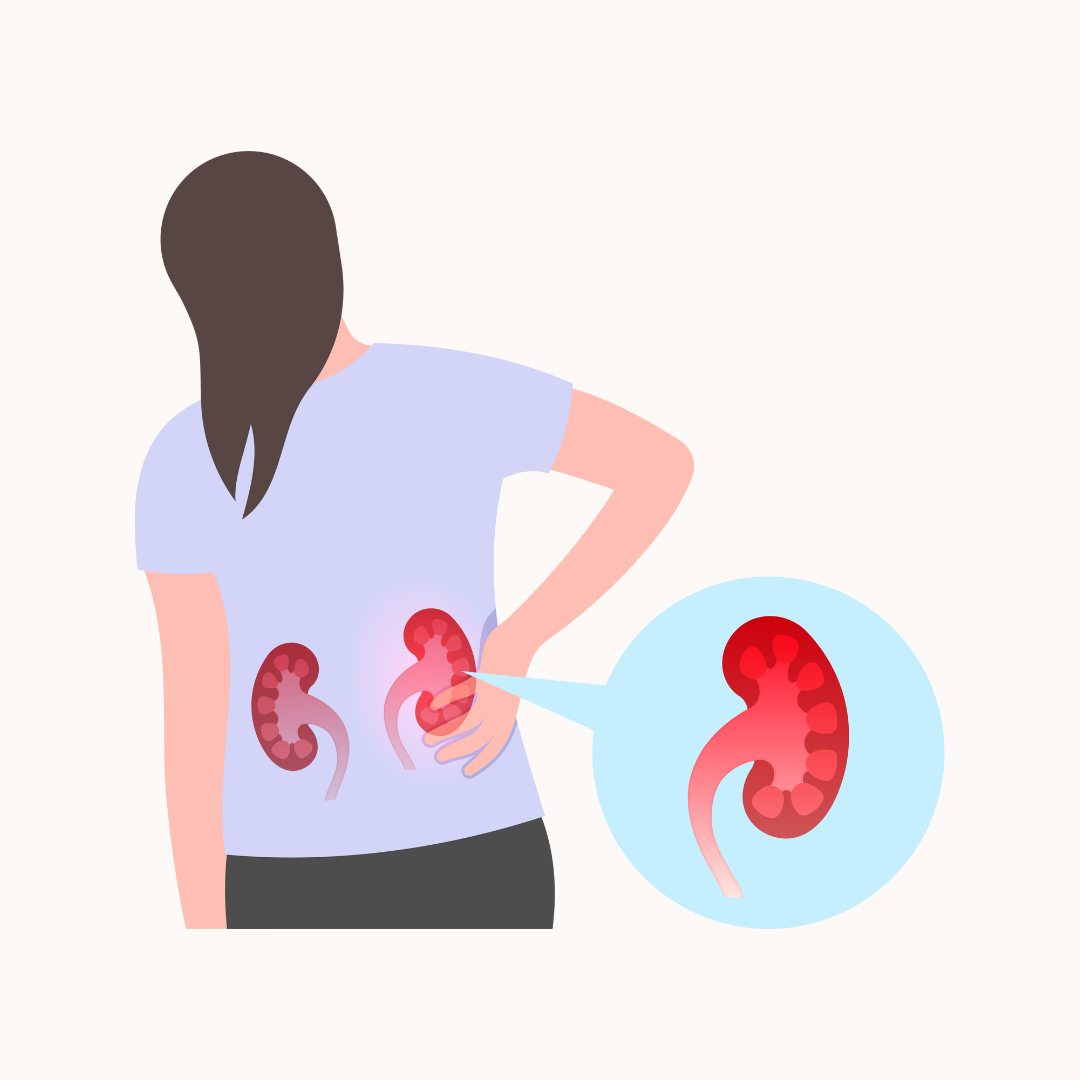
Severe Renal Pain
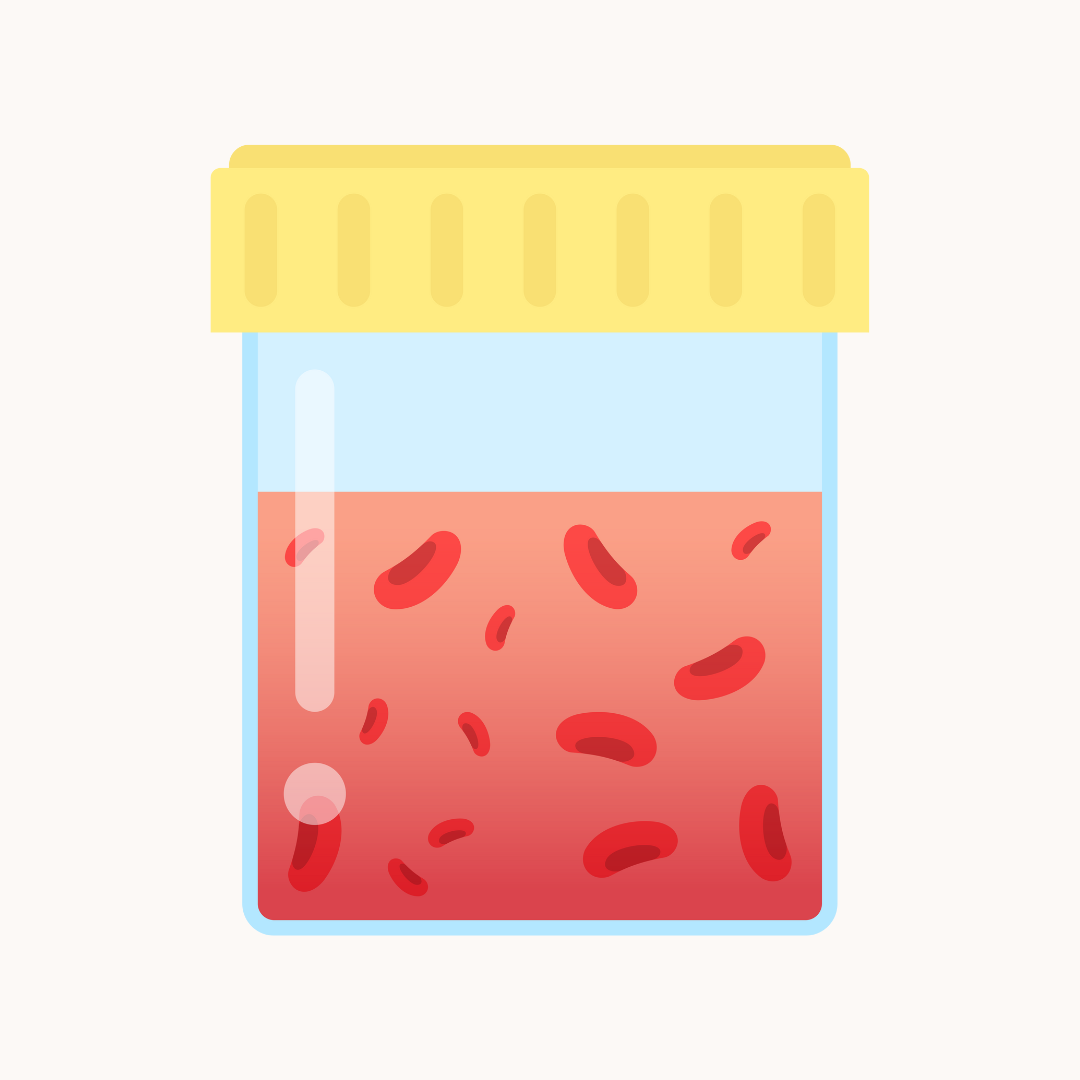
Blood In Urine
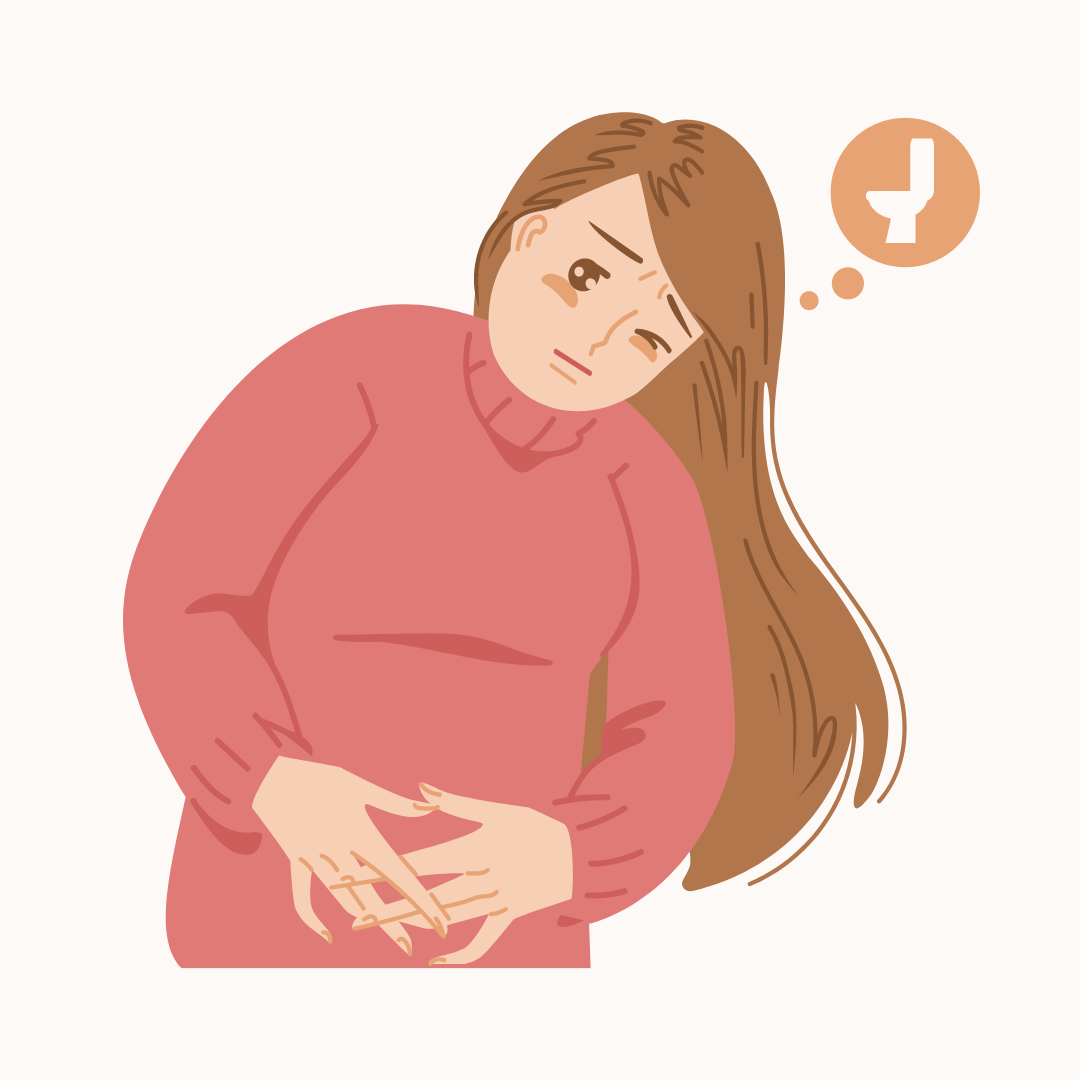
Painful Urination

Frequent Urge to Urinate
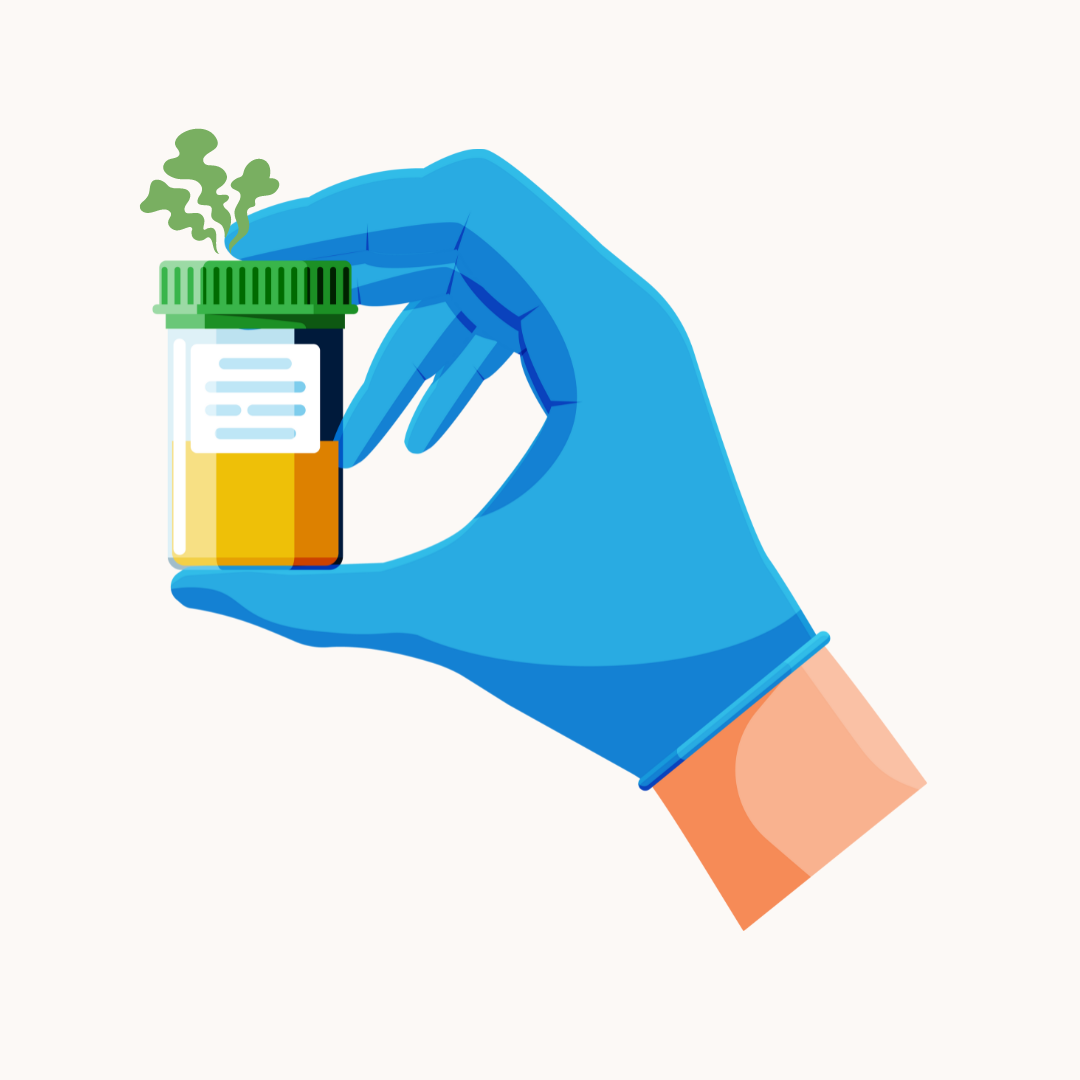
Foul smelling urine
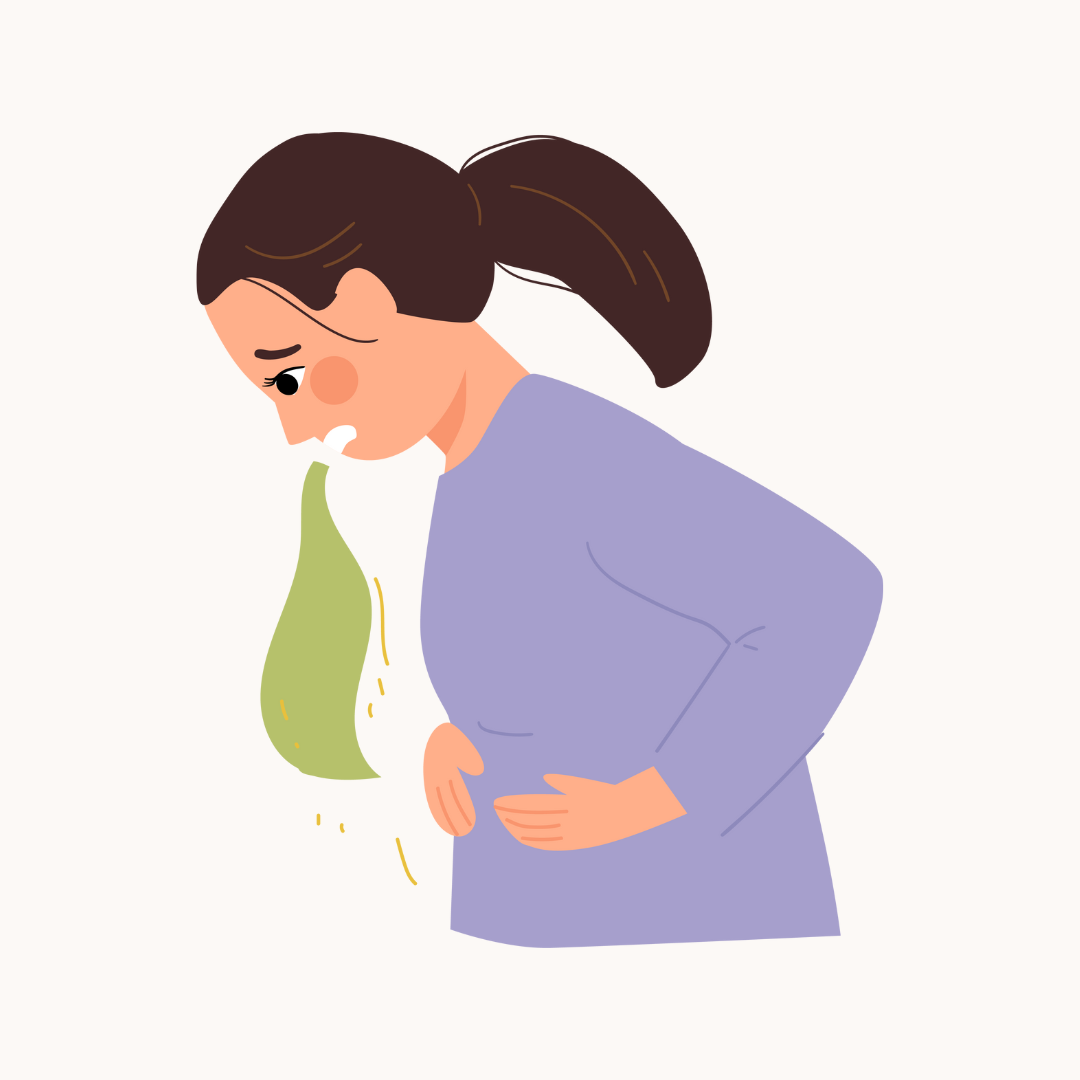
Vomiting

Fever & chills
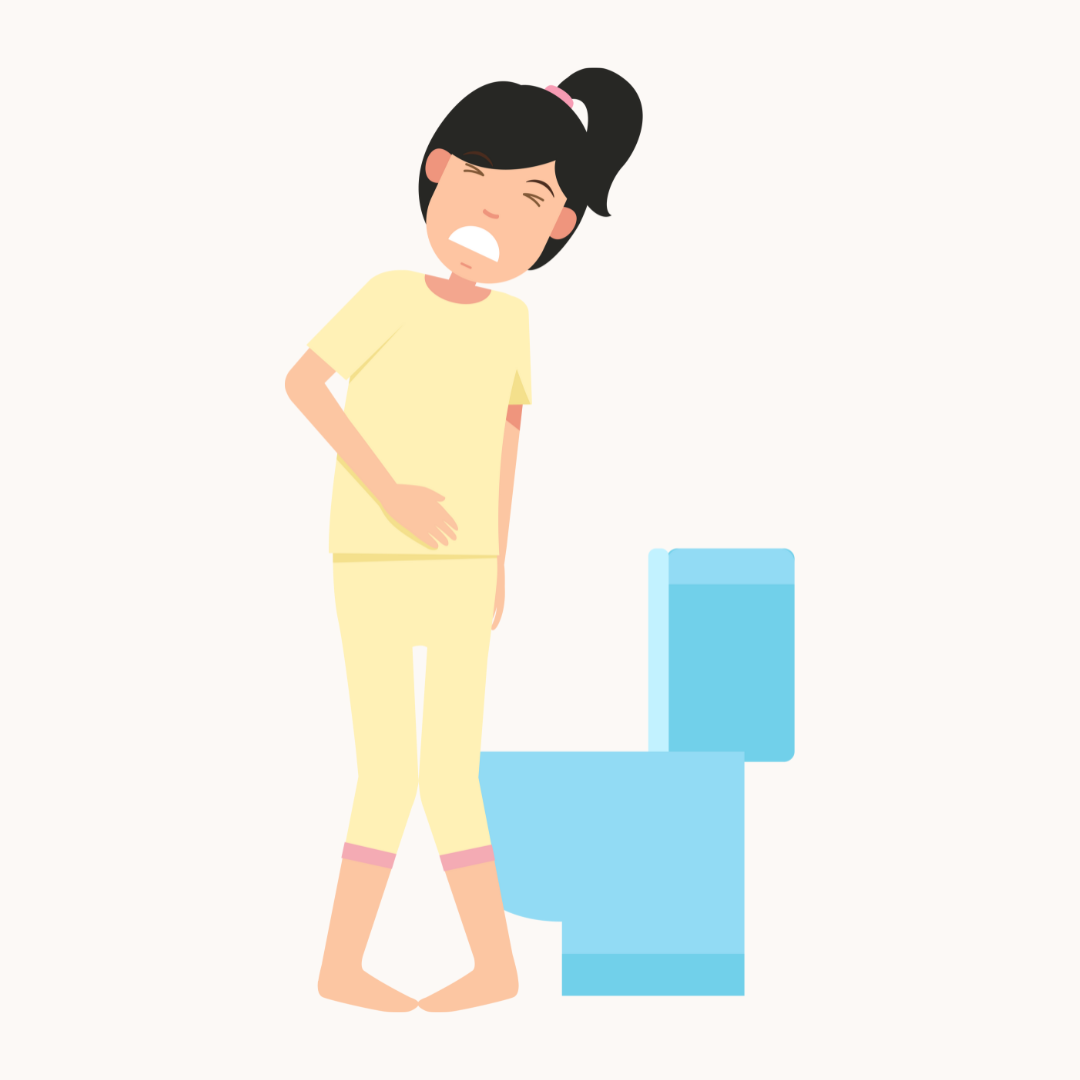
Difficult to urinate
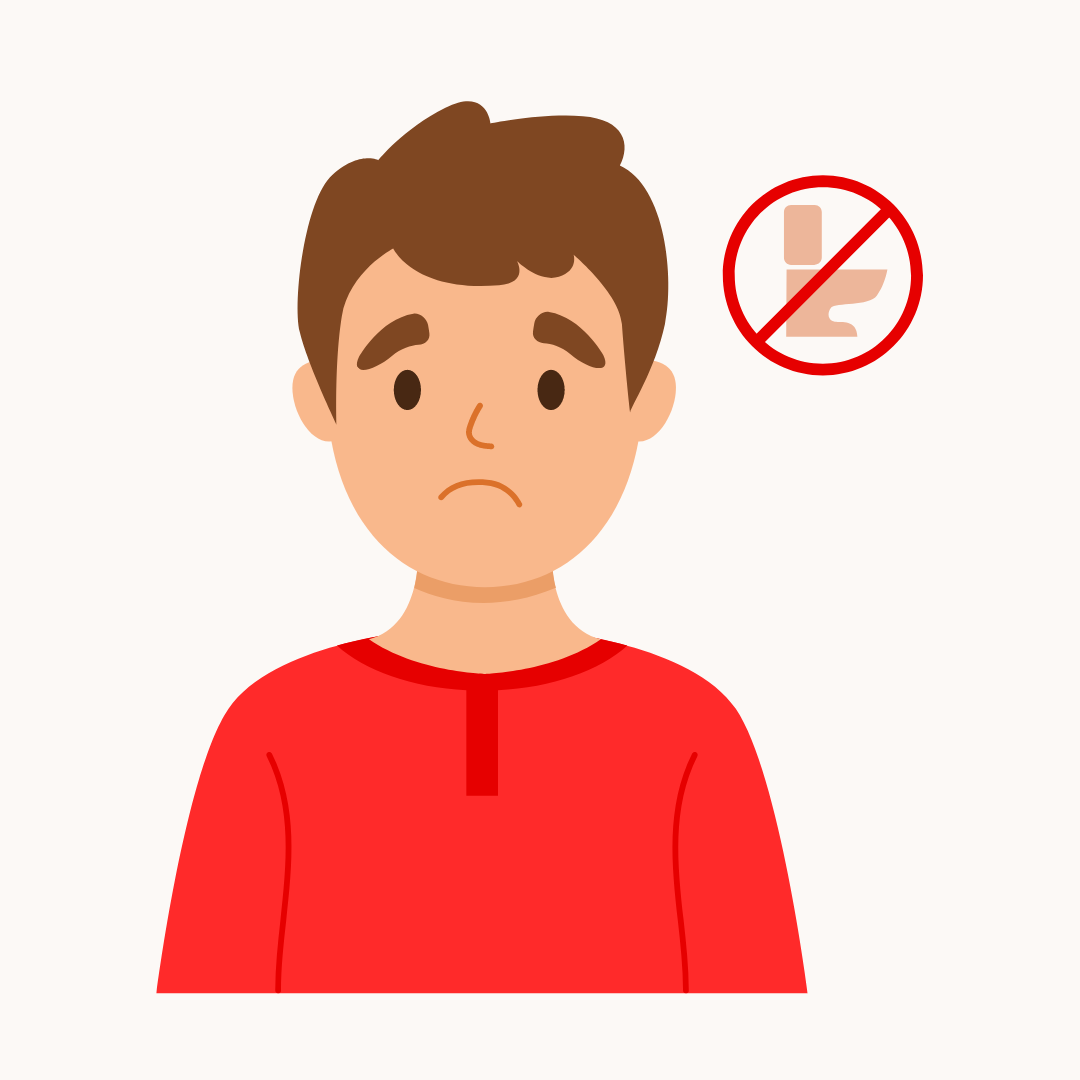
Urinary Tract Obstruction
What causes chronic kidney disease (CKD):
- Uncontrolled diabetes.
- Hypertension (Chronic High Blood Pressure) can strain the kidneys’ filtering units (glomeruli) and impair kidney function.
- Glomerulonephritis: Inflammation of the glomeruli, often caused by autoimmune diseases, infections, or other systemic conditions.
- Polycystic Kidney Disease (PKD): Inherited disorder characterized by the growth of numerous cysts in the kidneys, leading to kidney enlargement and eventual impairment of kidney function.
- Obstructive Nephropathy ie kidney stones, tumors, or enlarged prostate.
- Chronic urinary tract infection & recurrent infections can lead to kidney damage.
- Nephrotoxic Drugs.
- Systemic Diseases like lupus, multiple myeloma etc.
- Congenital Abnormalities: Birth defects.
Symptoms of Chronic Kidney Disease (CKD):
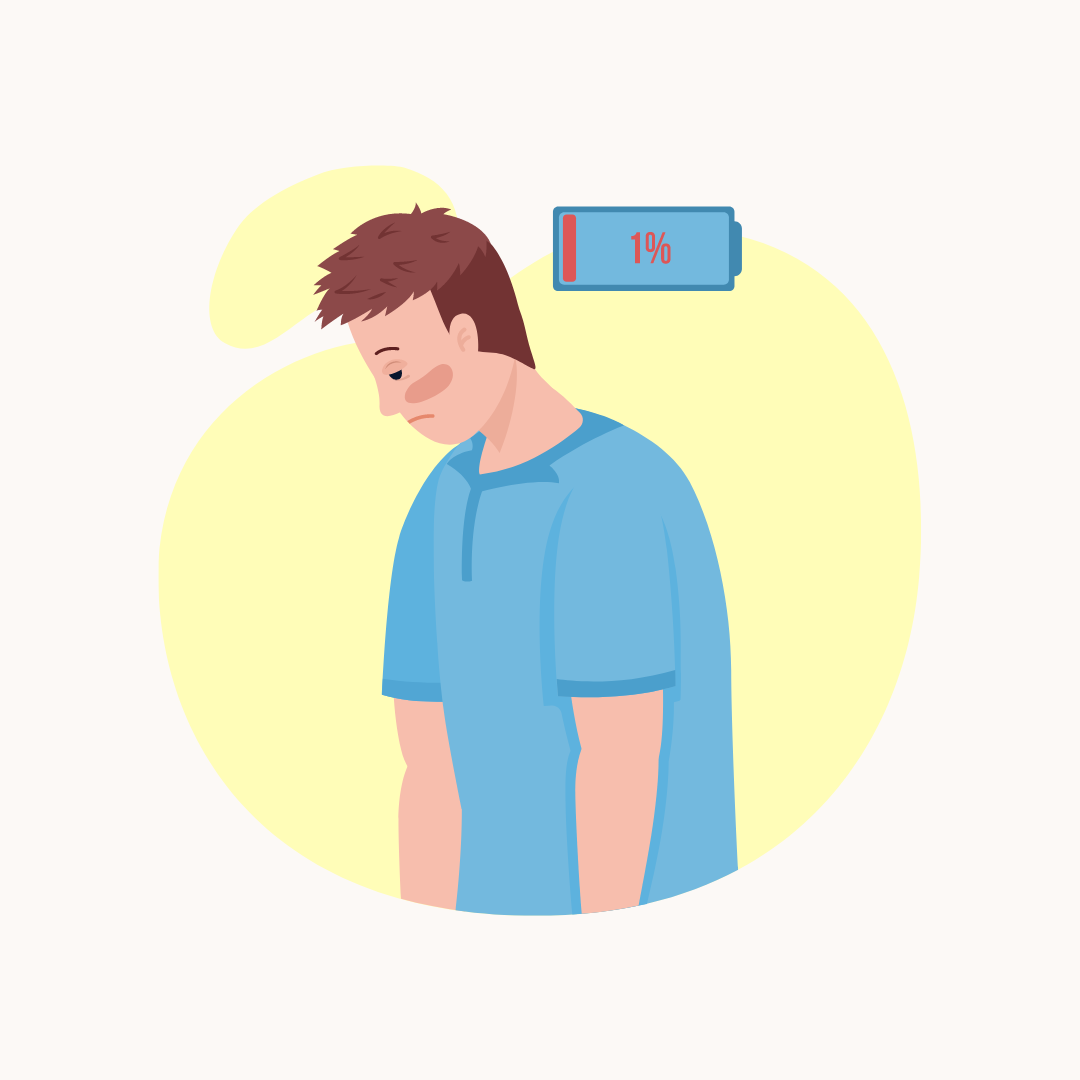
Fatigue

Shortness of Breath
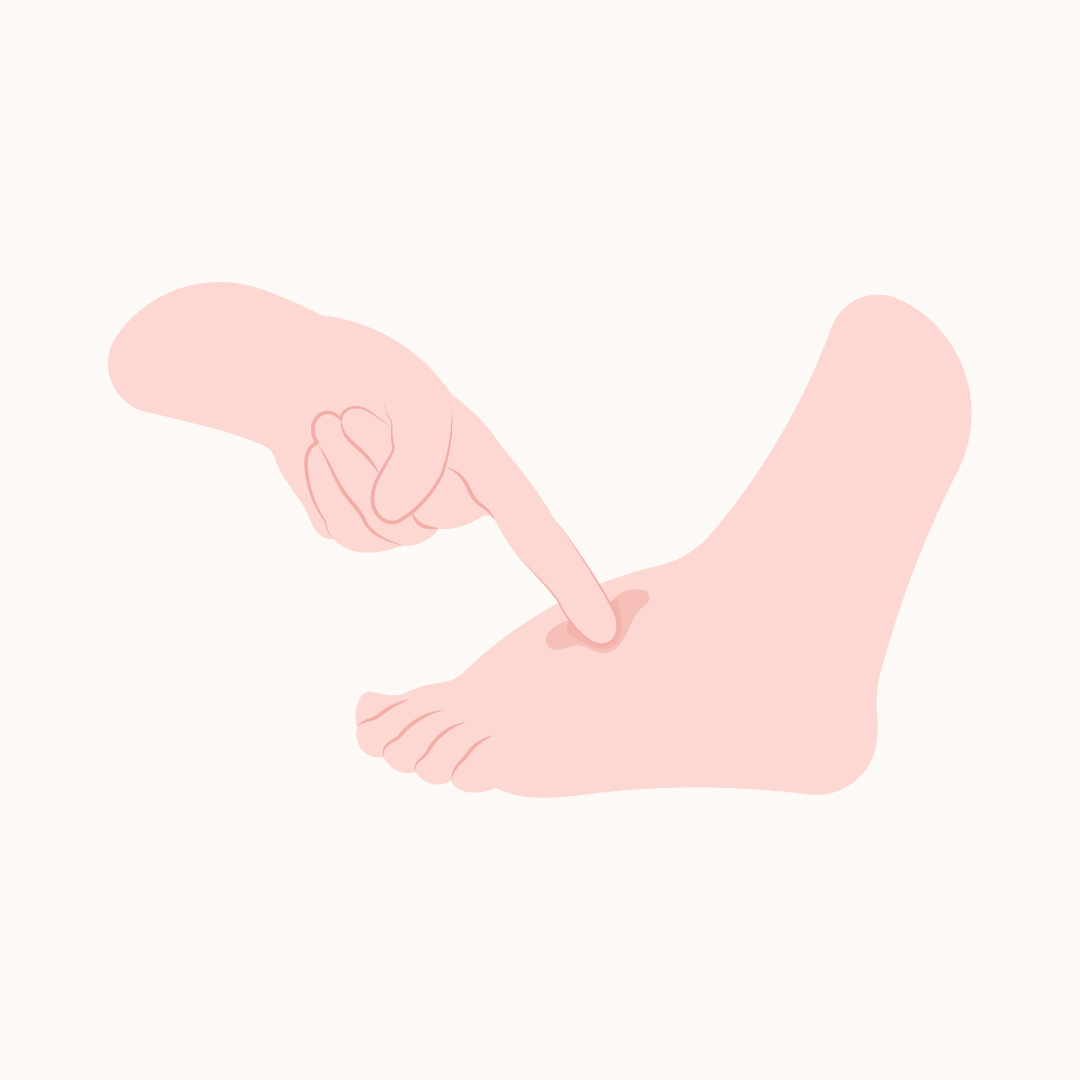
Swelling (edema)
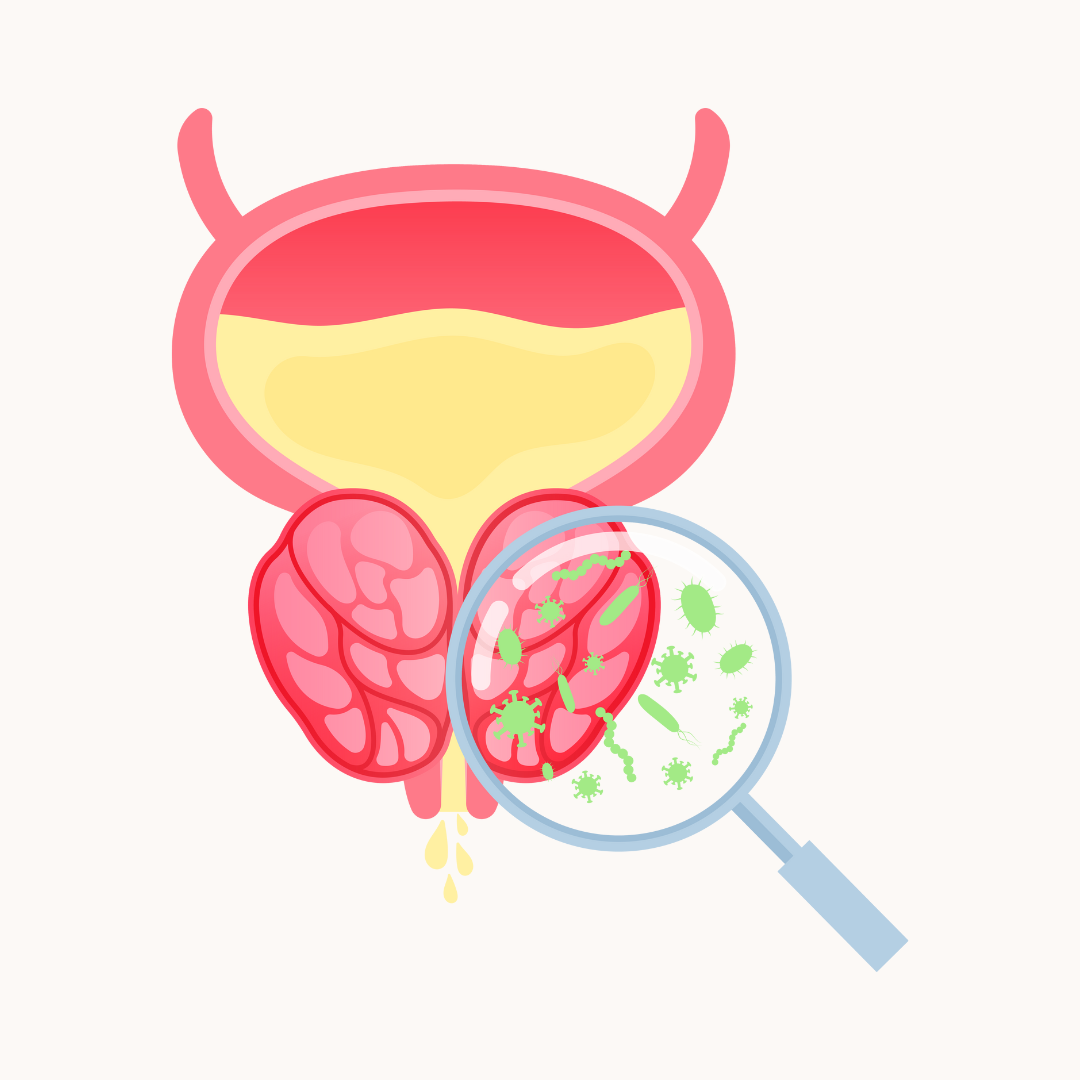
Decreased urine output

Foamy urine
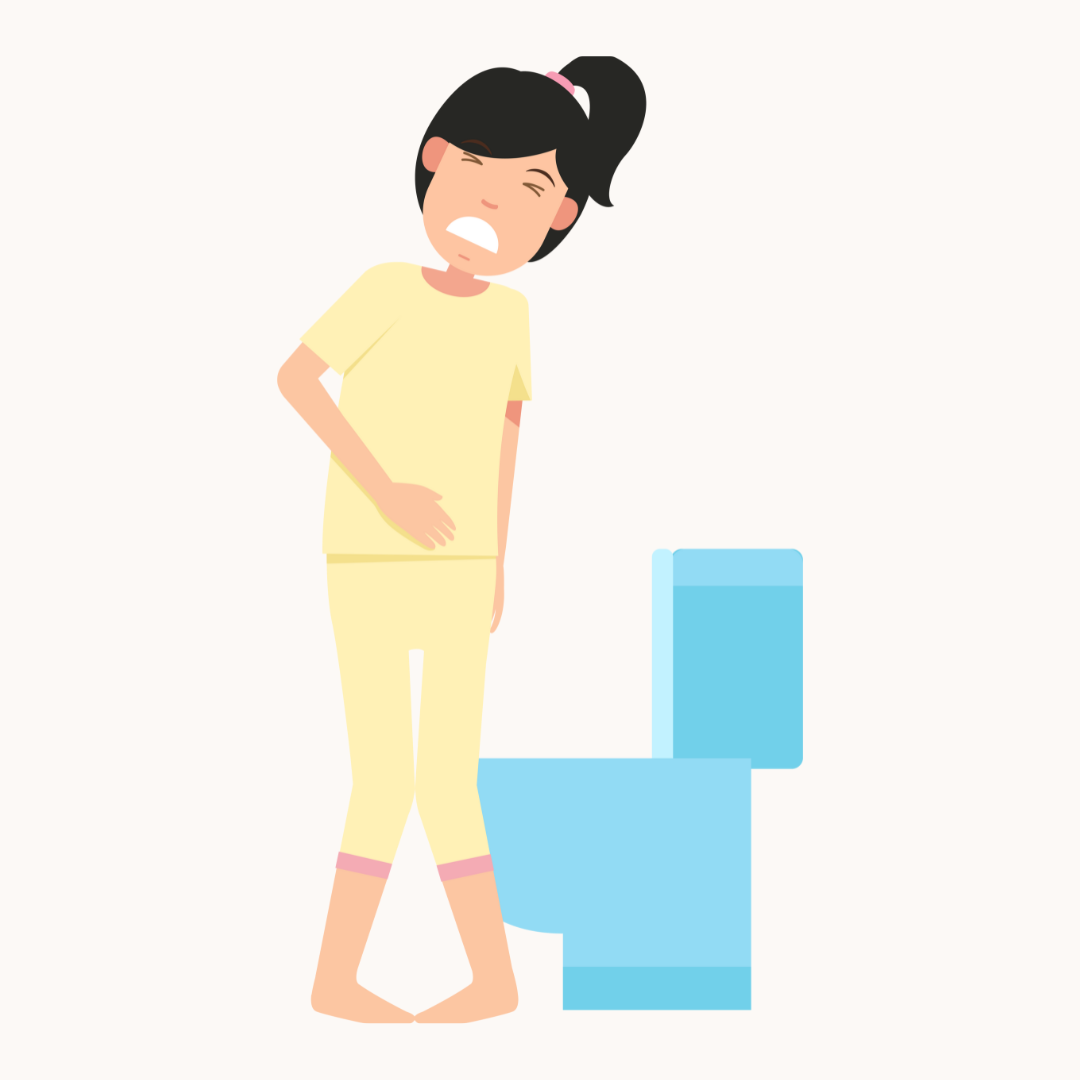
Nocturia

Vomiting
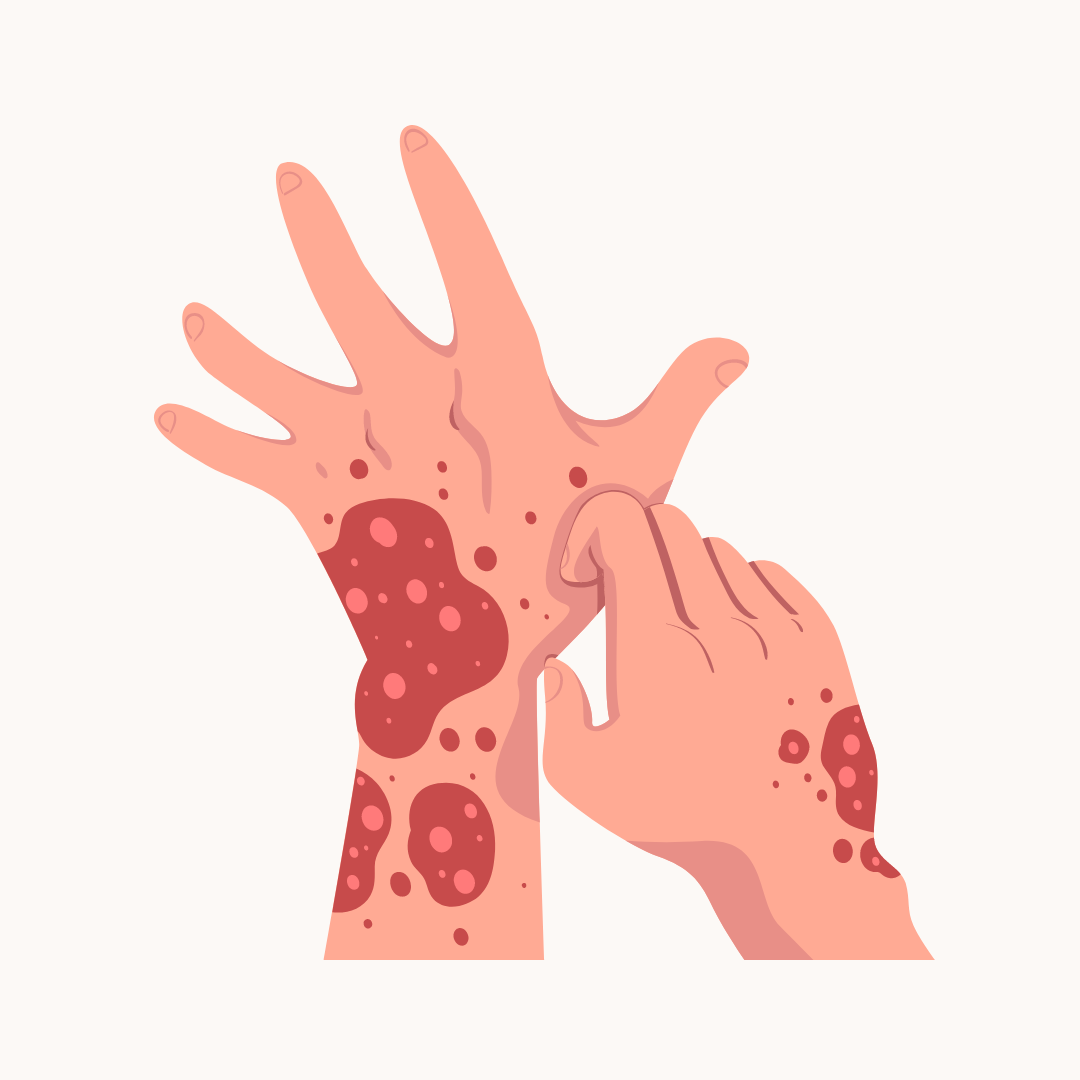
Itching
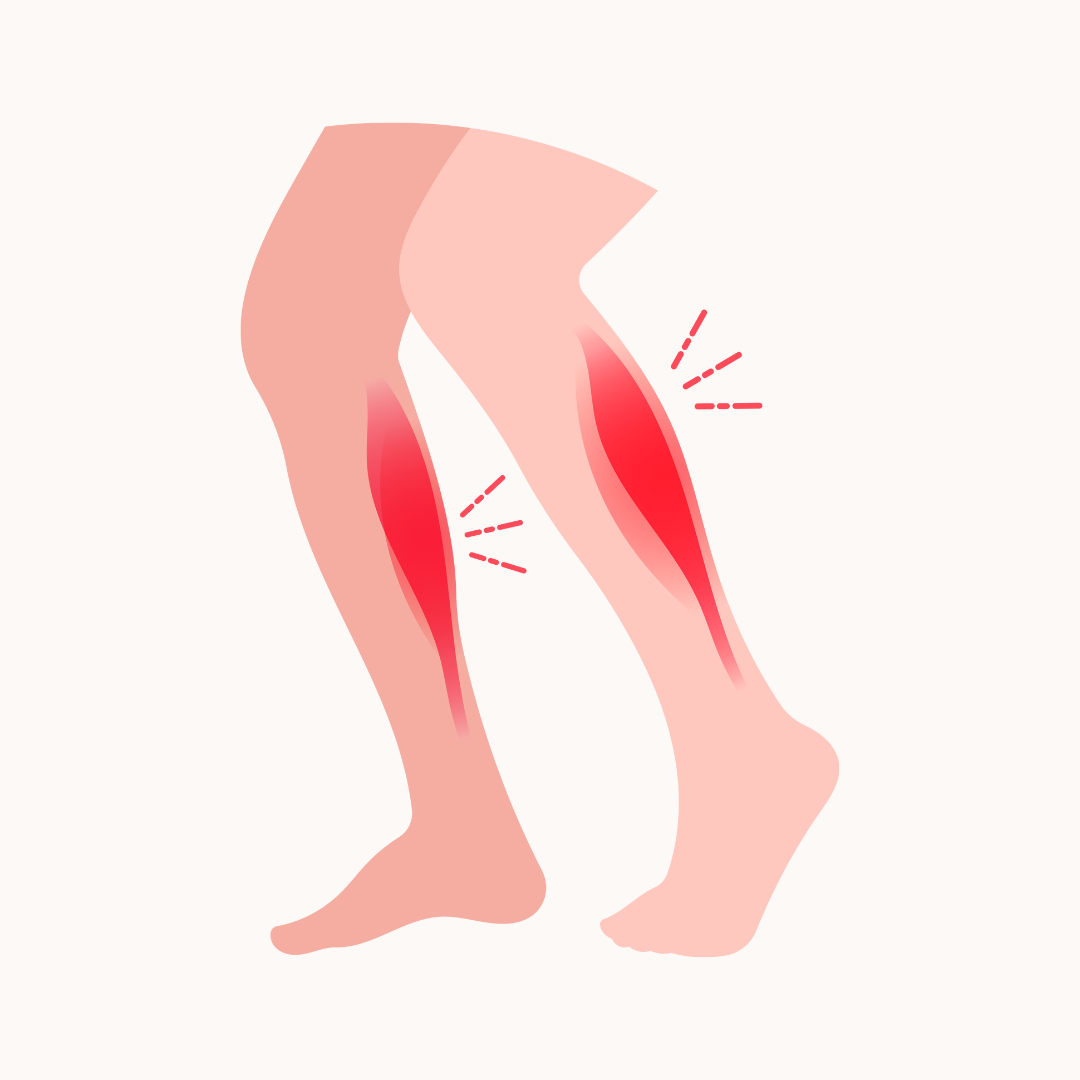
Muscle cramps

High blood pressure
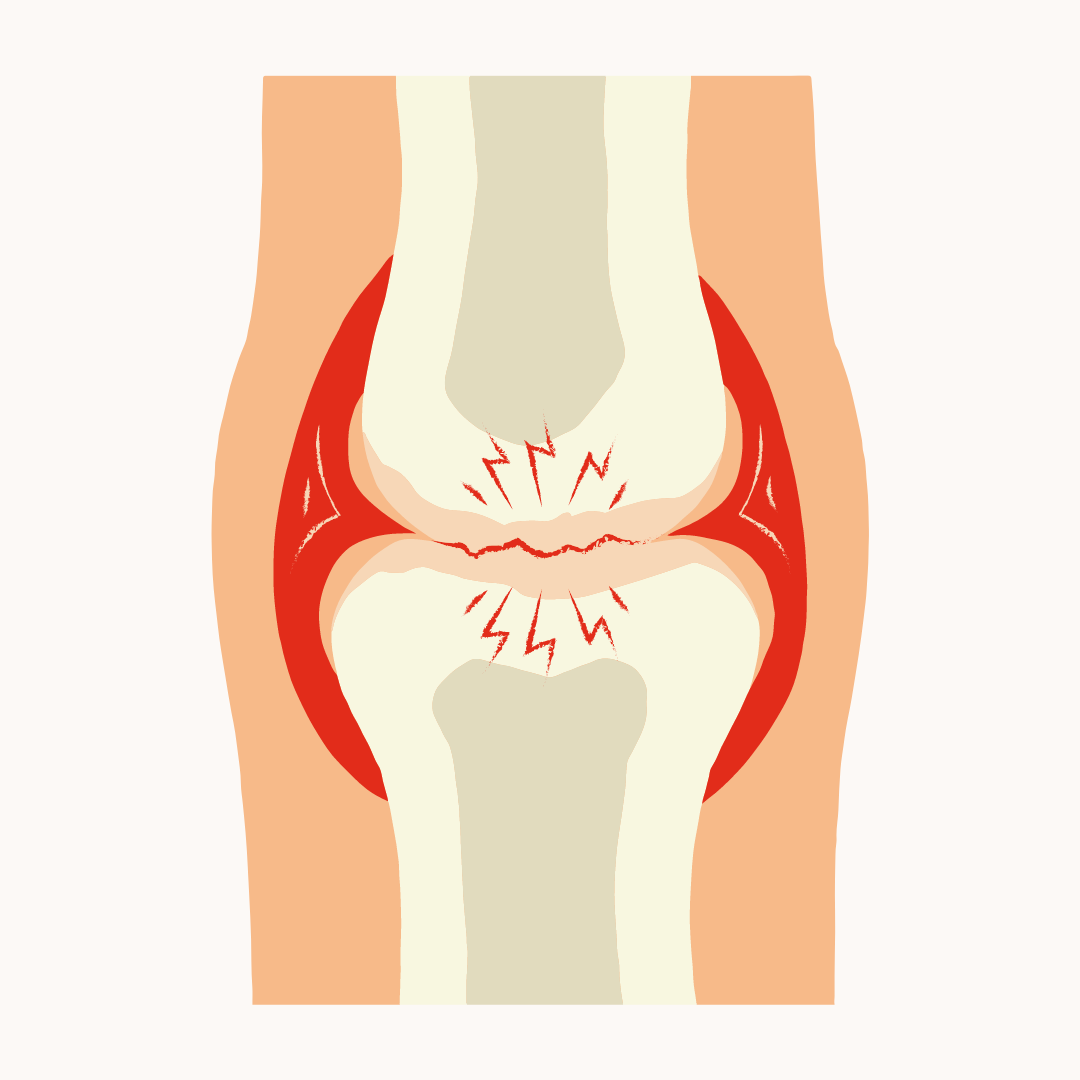
Bone Health Issues
Our Program Features:
- Kidney Management + Correction of symptoms & nutrition status
- Video / In-Clinic consultation with Dr. Zubeda Tumbi.
- Follow-up Consultation with Dr. Tumbi Every 10th – 12th day.
- We have personalized, customized diet & lifestyle plans.
- Team Support: Monday to Saturday; 9:00 AM to 6:00 PM on WhatsApp, Phone & Email.
- Our supportive community outreach programs: a unique feature begun by Dr. Tumbi will help you to connect, share experiences with likeminded people in a group therapy.
- Tips on stress management techniques, reducing screen time and improving sleep hygiene are important tools in this health journey.
At Health Watch Nutrition Clinic: Our Kidney Care Program is meticulously designed to promote kidney health through evidence-based interventions, personalized care, and ongoing support to help individuals achieve optimal kidney function and overall well-being. Evidence based diets are planned to help control the causative factors and improve healing to better health status. The personalized approach by Dr. Zubeda Tumbi and her team helps you reach your health goals that impacts your health holistically.

